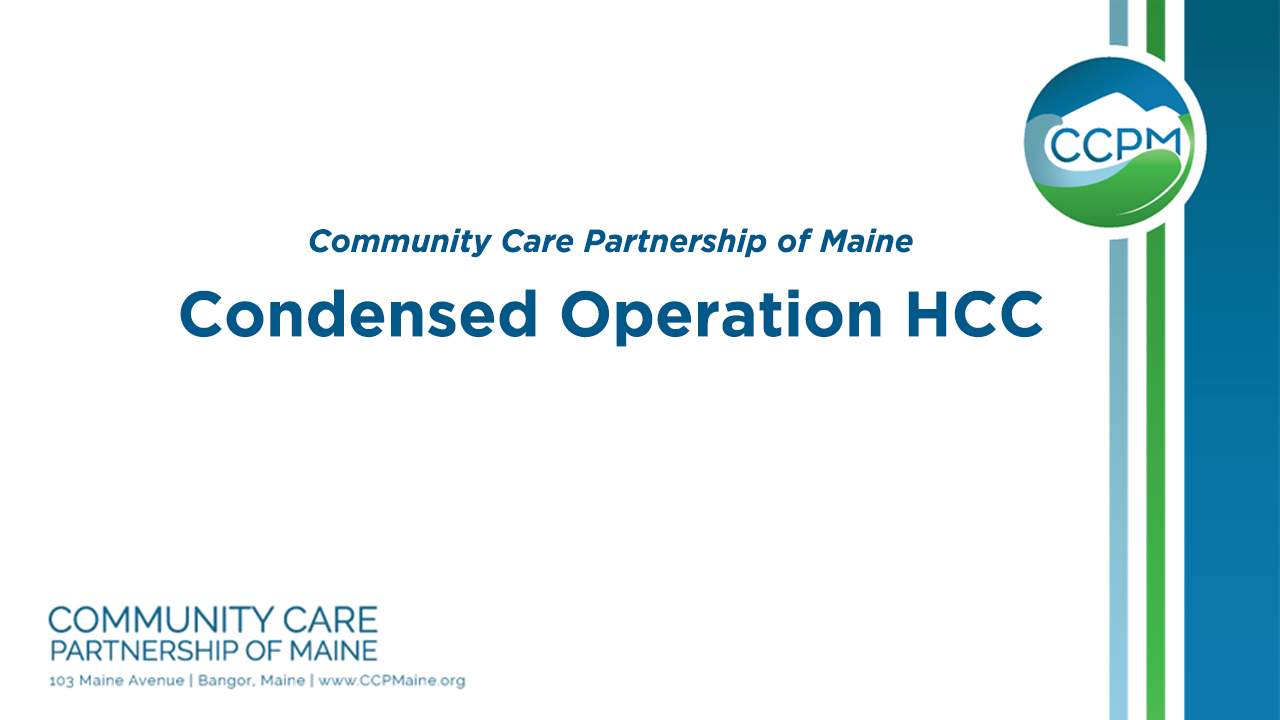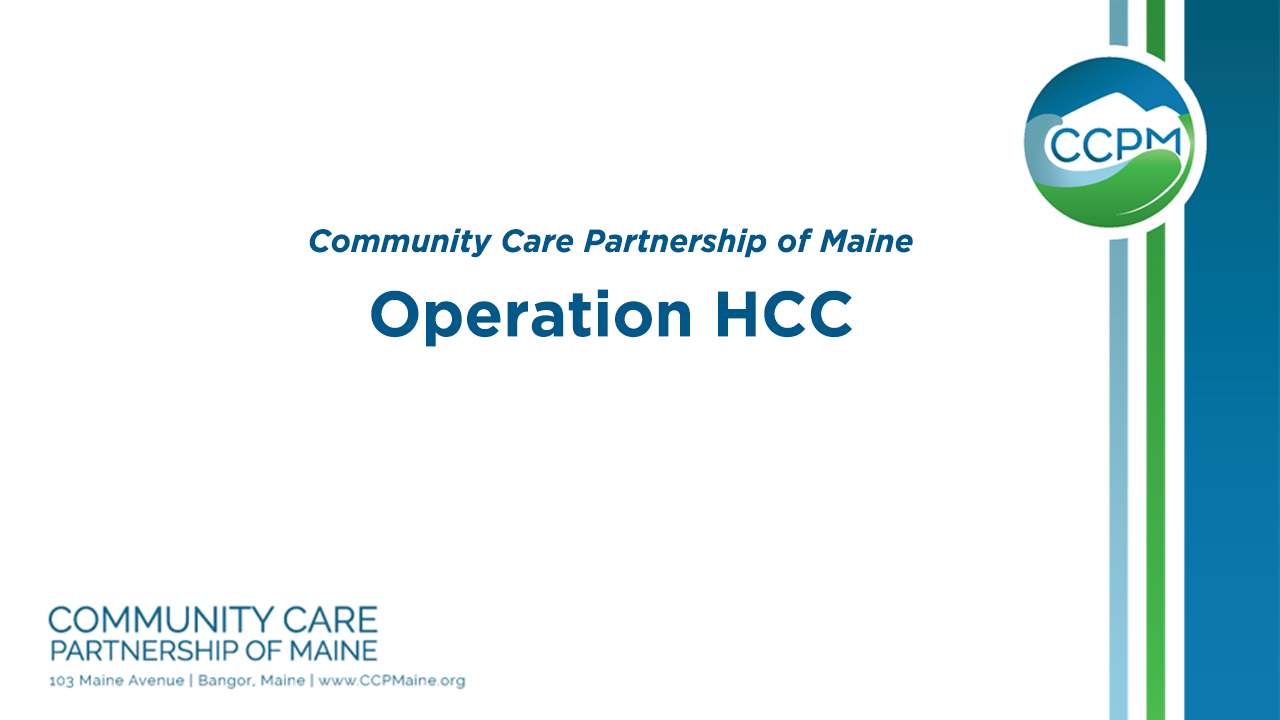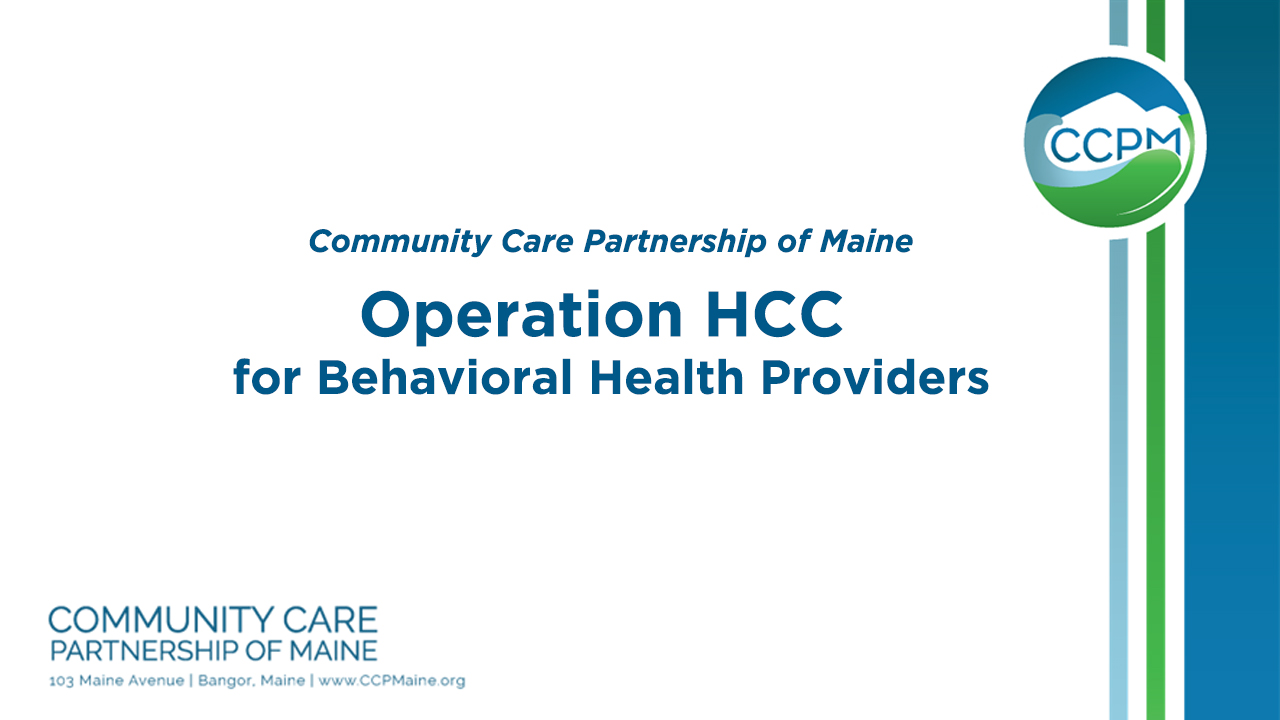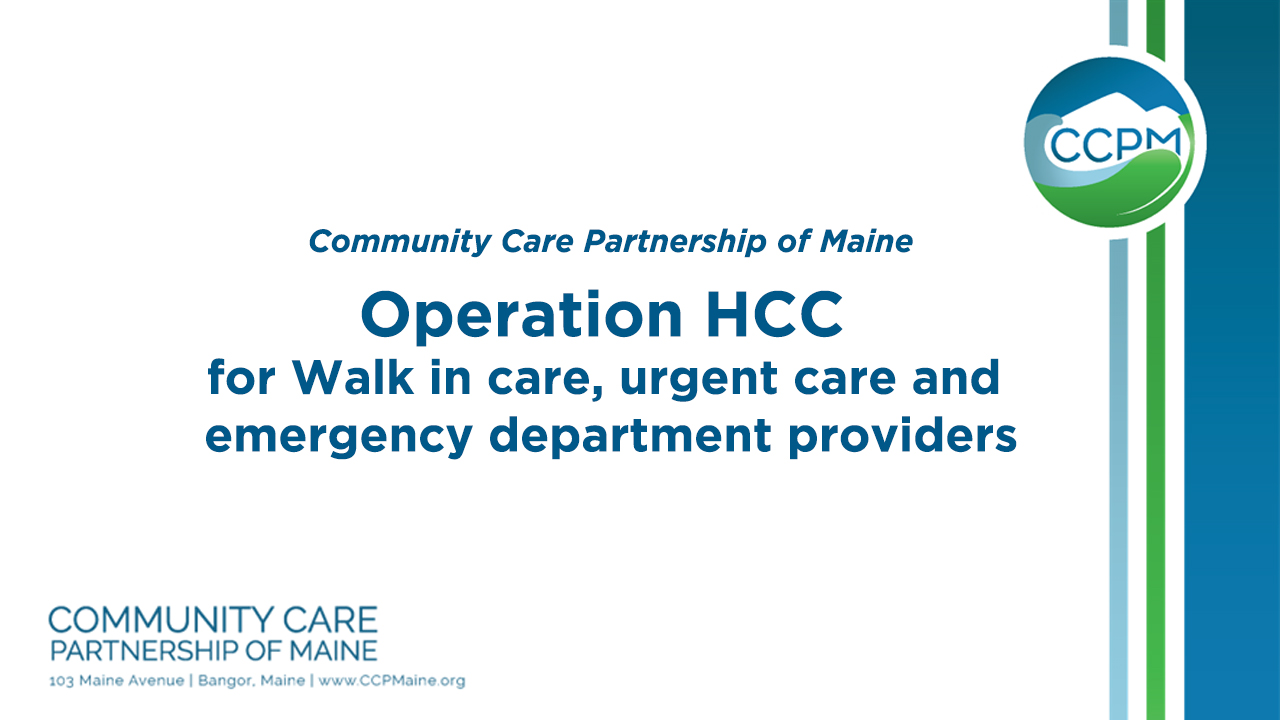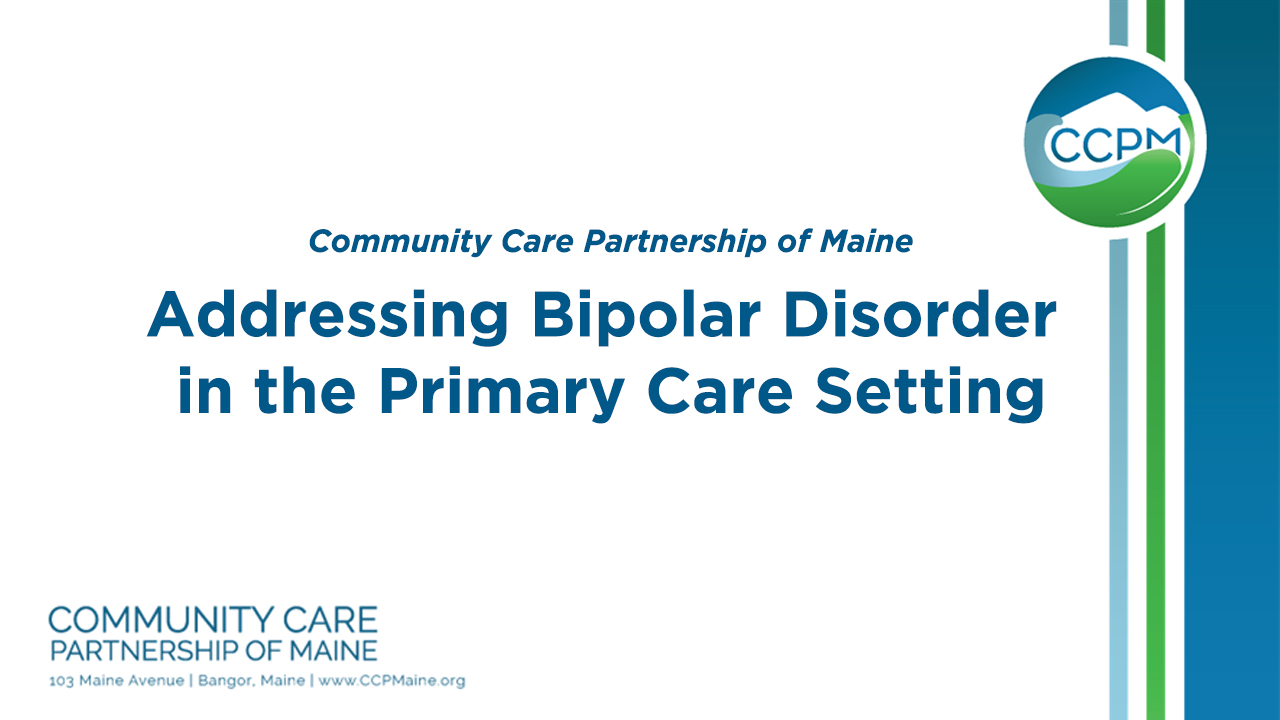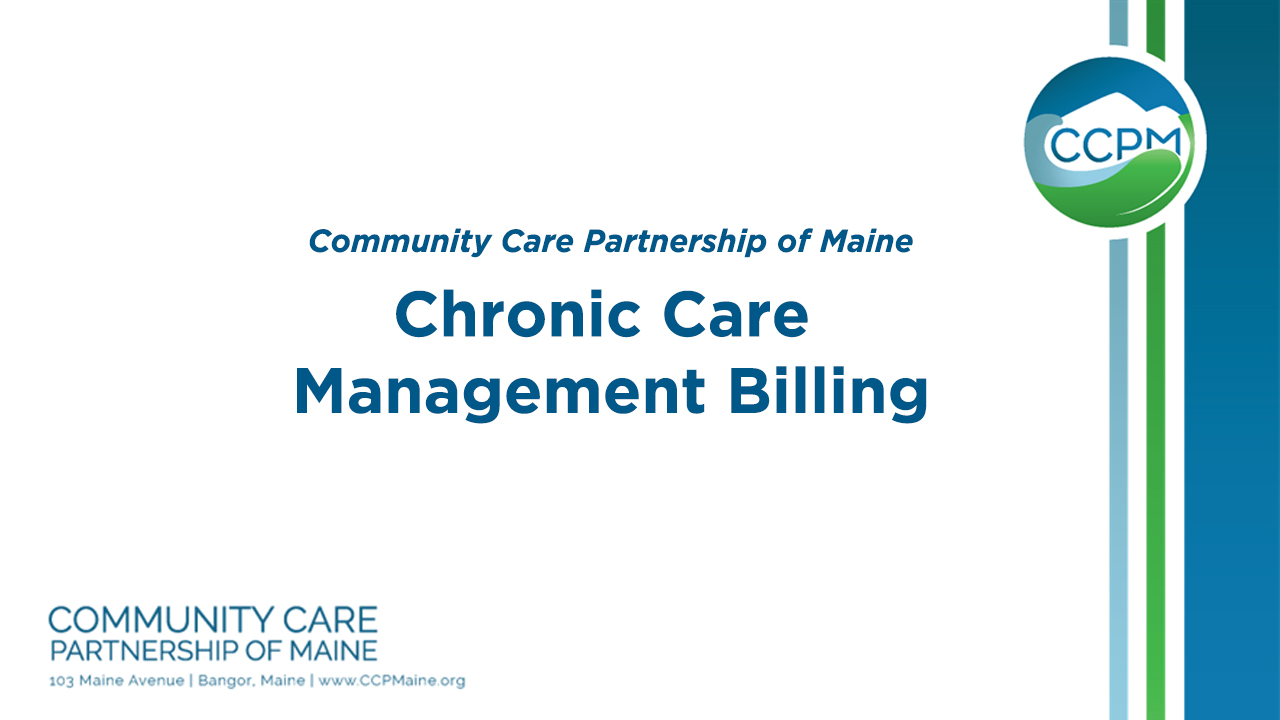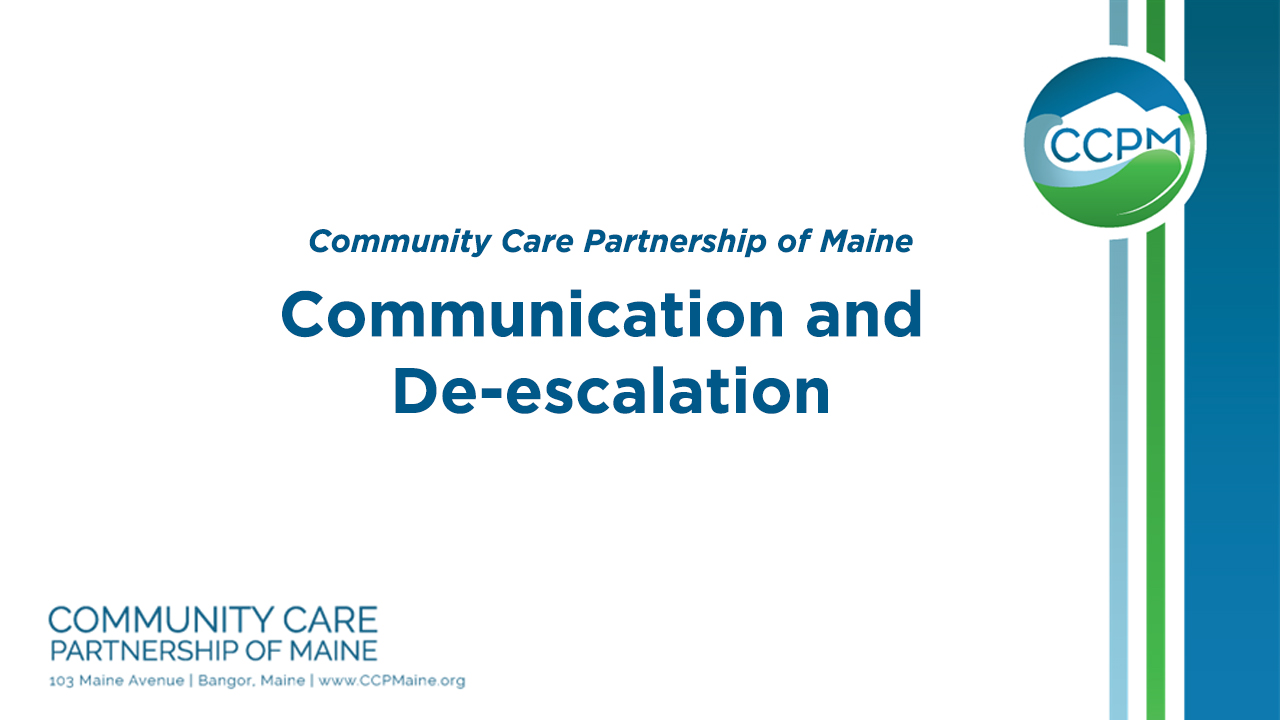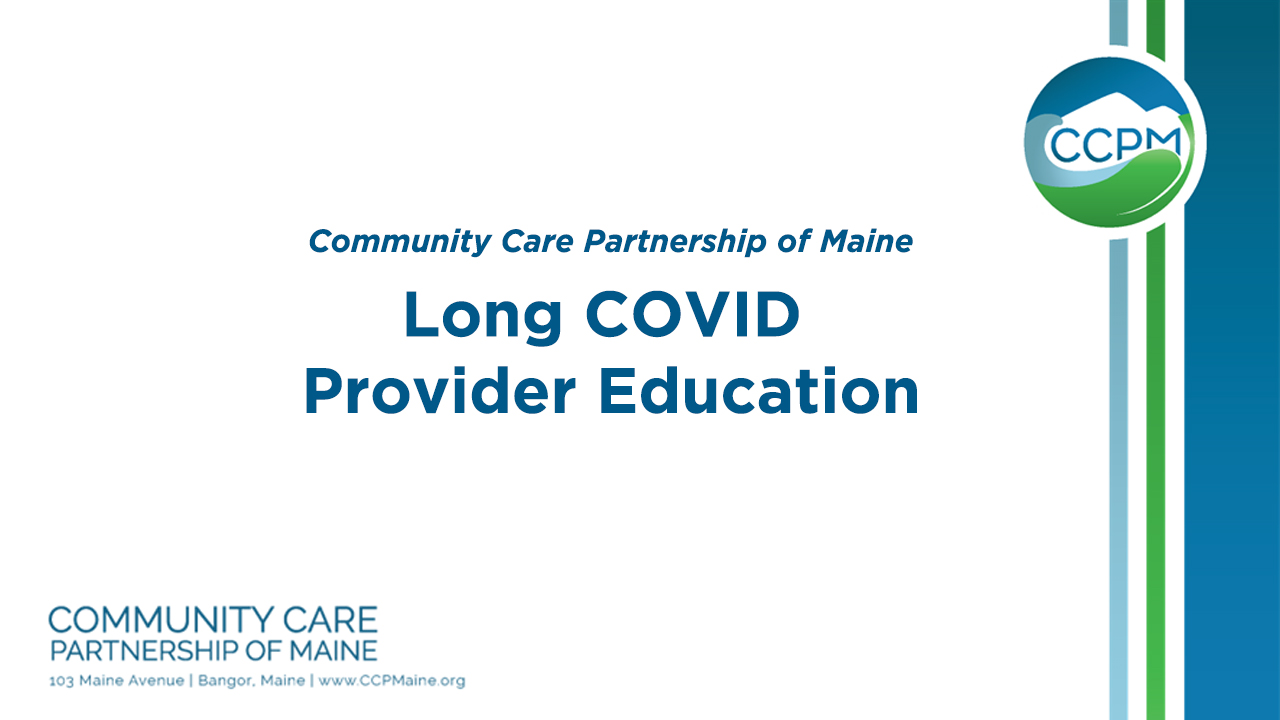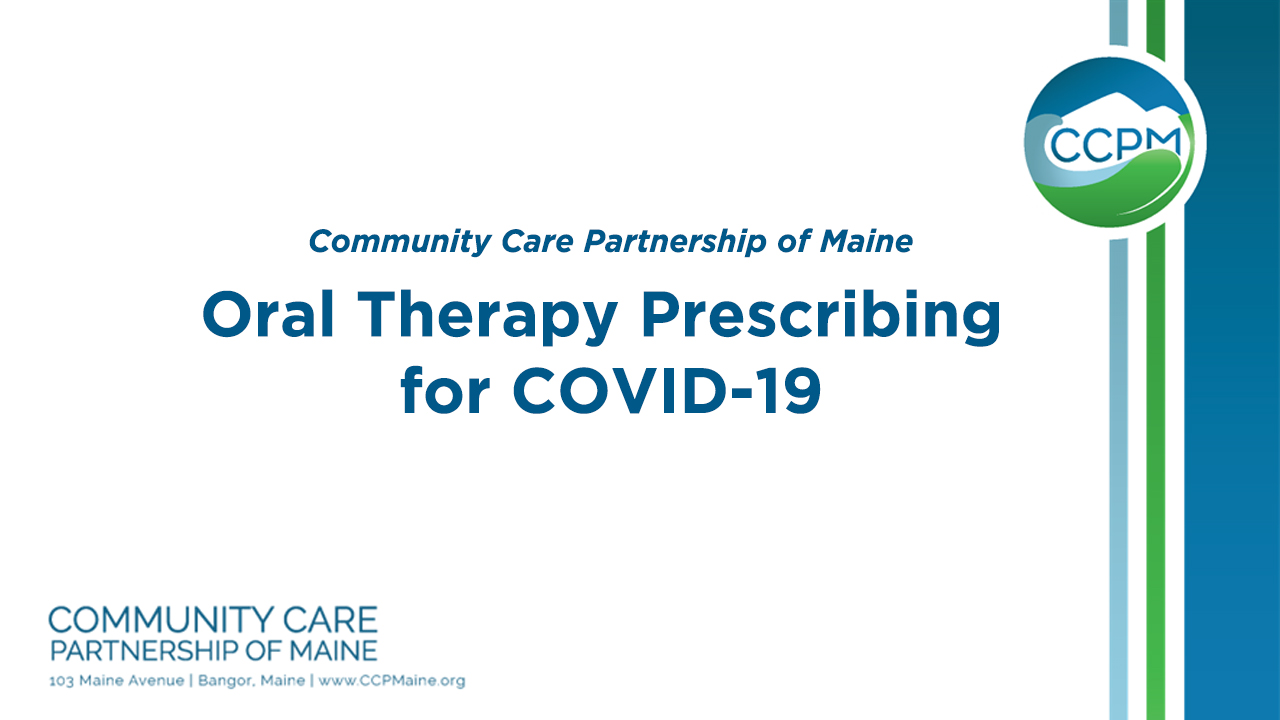Our online CME library includes a variety of modules. Within each module, you’ll find a video training, a link to a survey for CME credit, and for some modules, additional learning resources. Explore our library to start earning credit today!
Chronic Disease Management
-
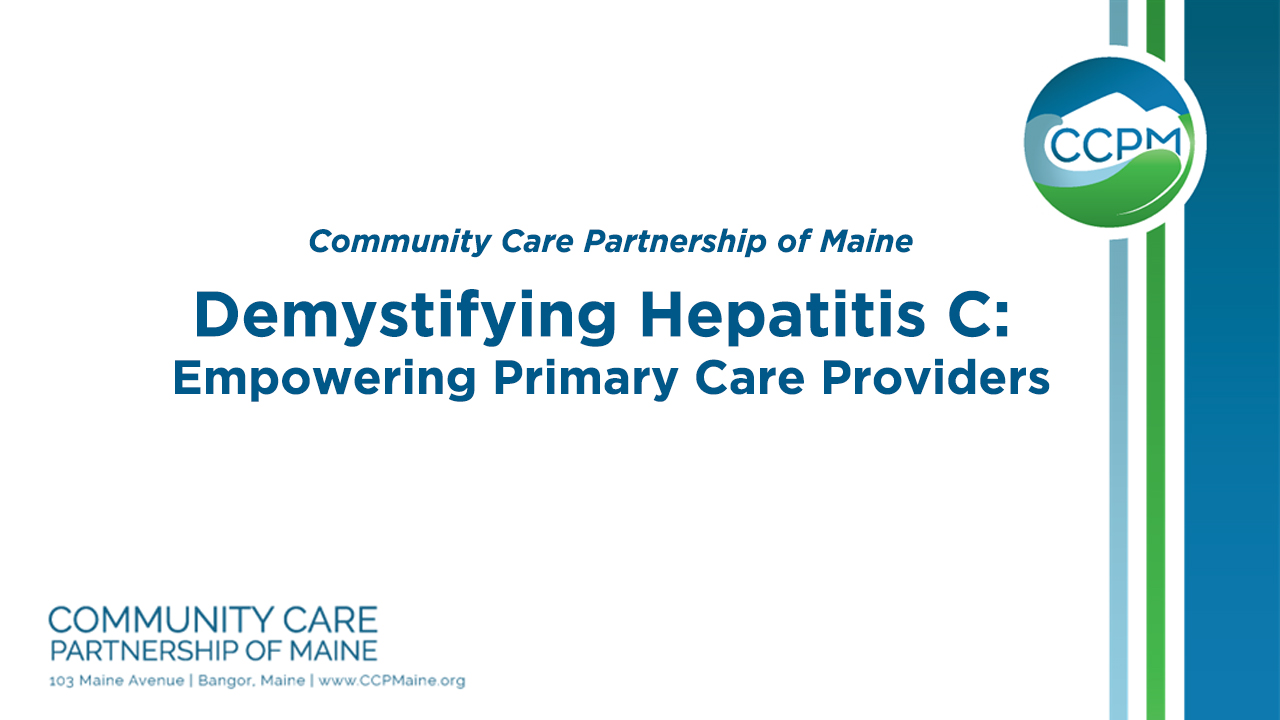
Protected: Demystifying Hepatitis C: Empowering Primary Care Providers
-
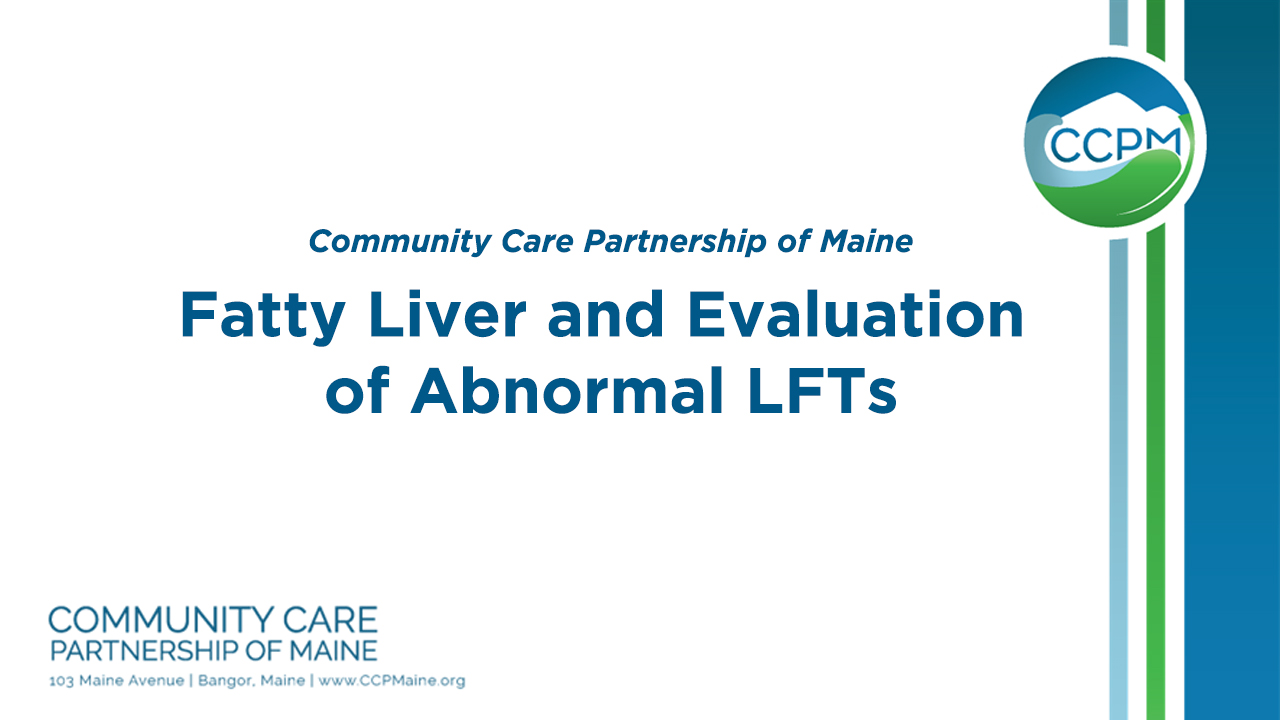
Protected: Fatty Liver and Evaluation of Abnormal LFTs
-
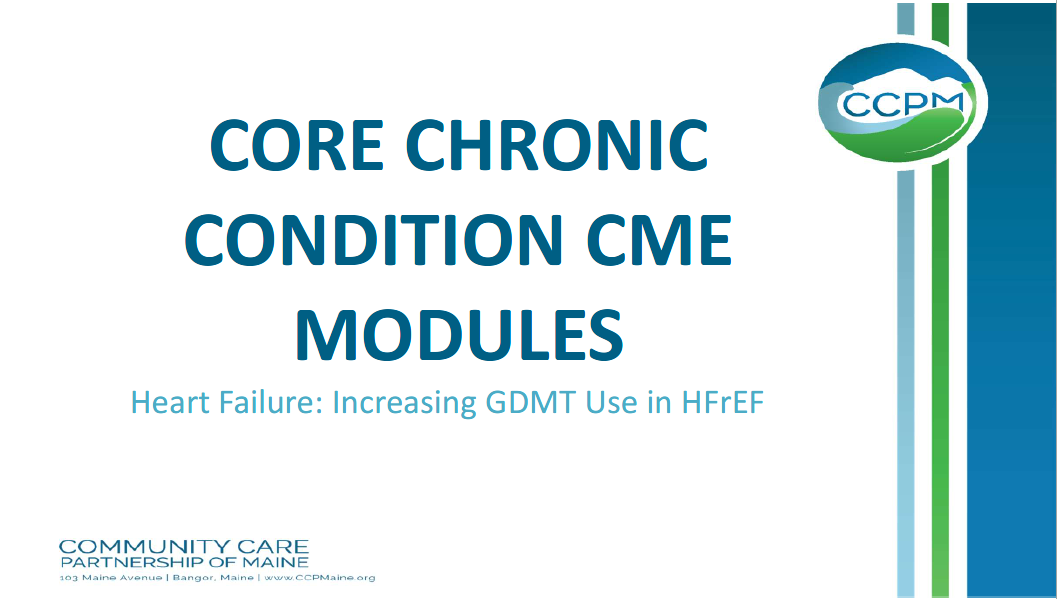
Protected: Heart Failure – Increasing GDMT Use in HFrEF
-
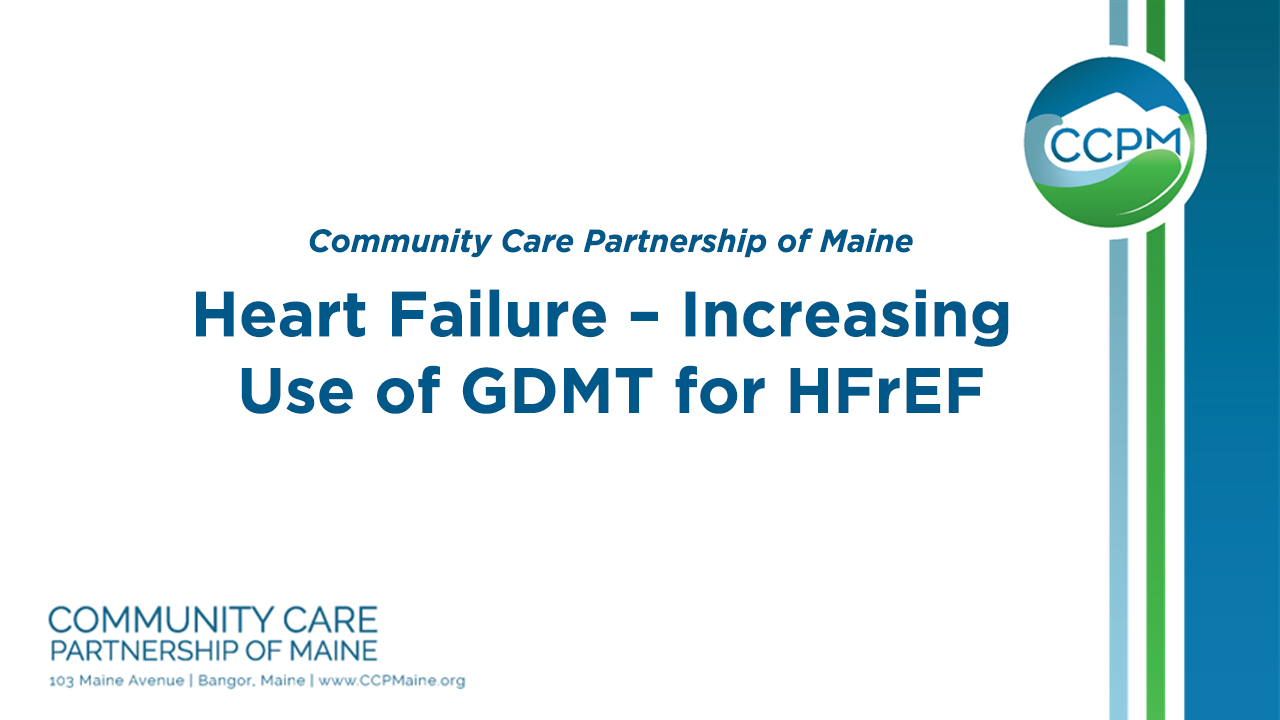
Protected: Heart Failure – Increasing Use of GDMT for HFrEF
-
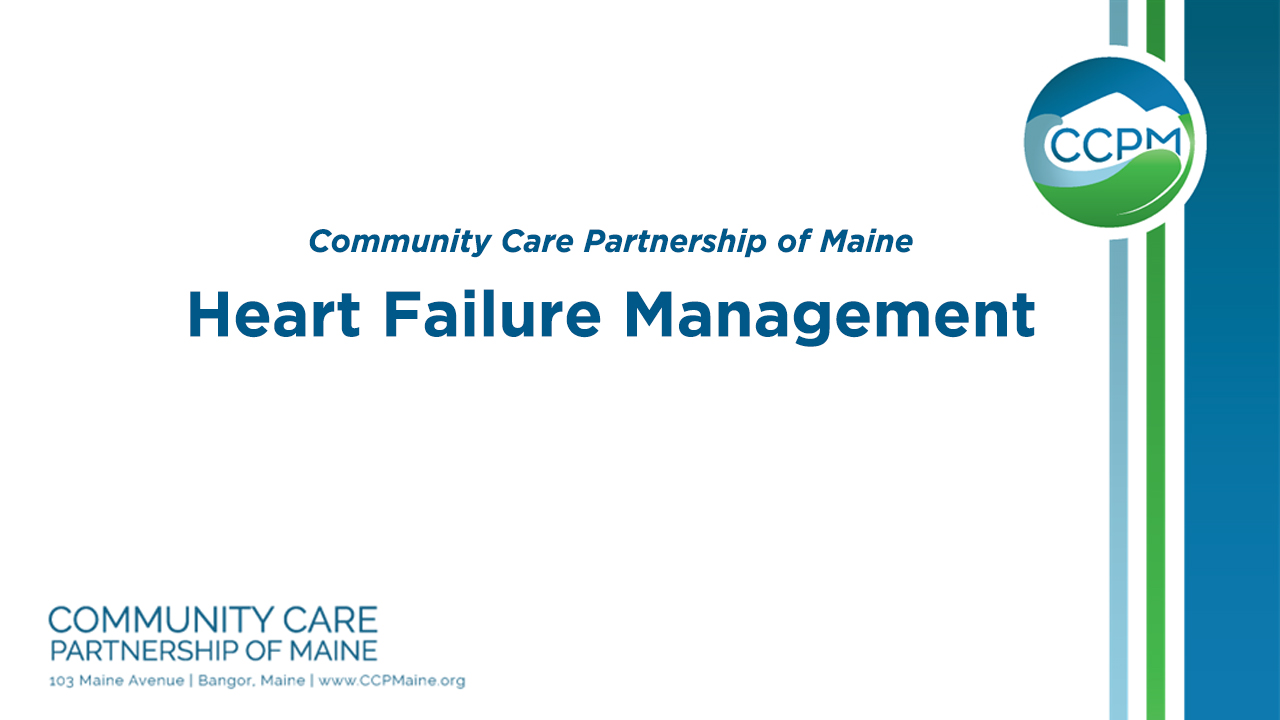
Protected: Heart Failure Management
-
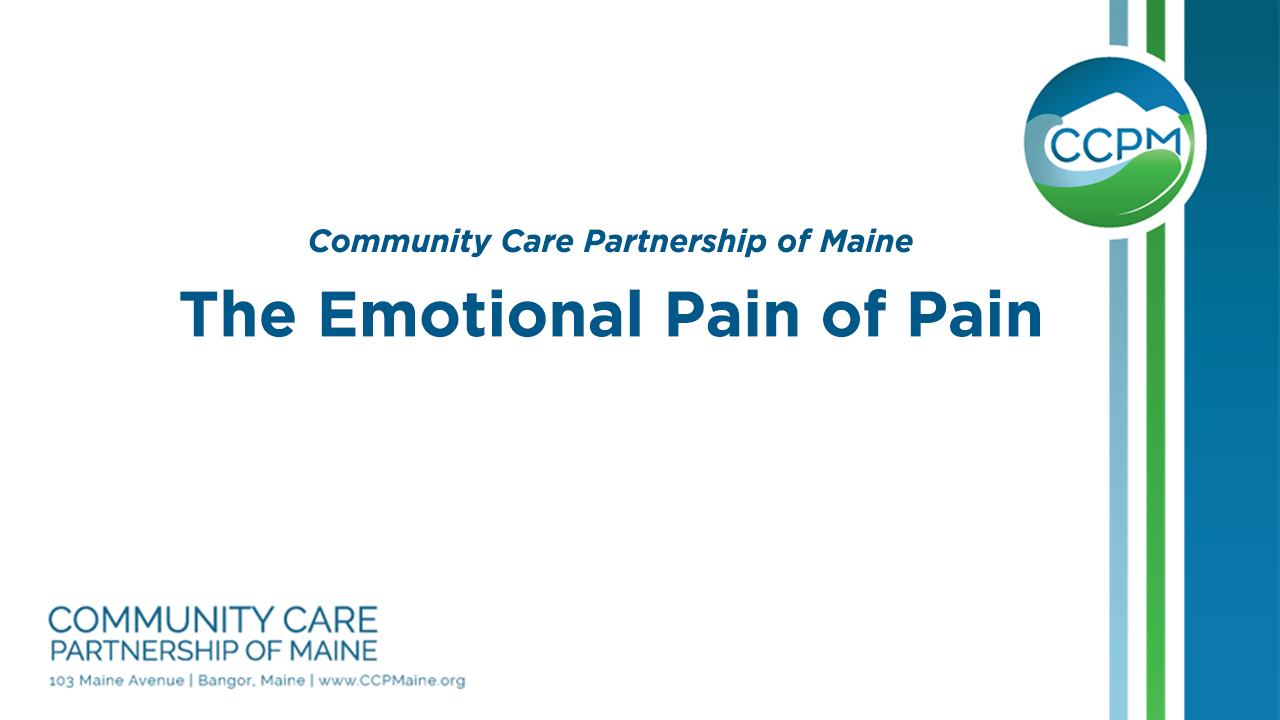
Protected: The Emotional Pain of Pain
Controlled Substance Stewardship
-

Protected: Benzodiazepine Use
-
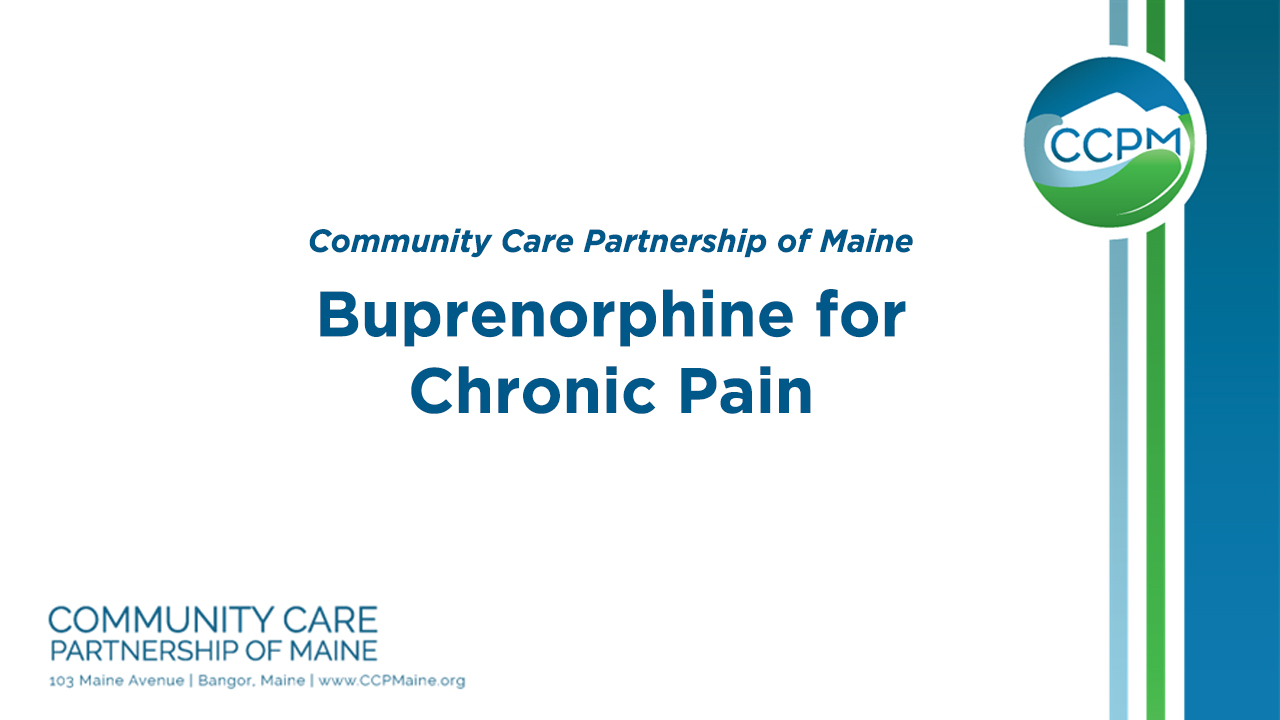
Protected: Buprenorphine for Chronic Pain
-
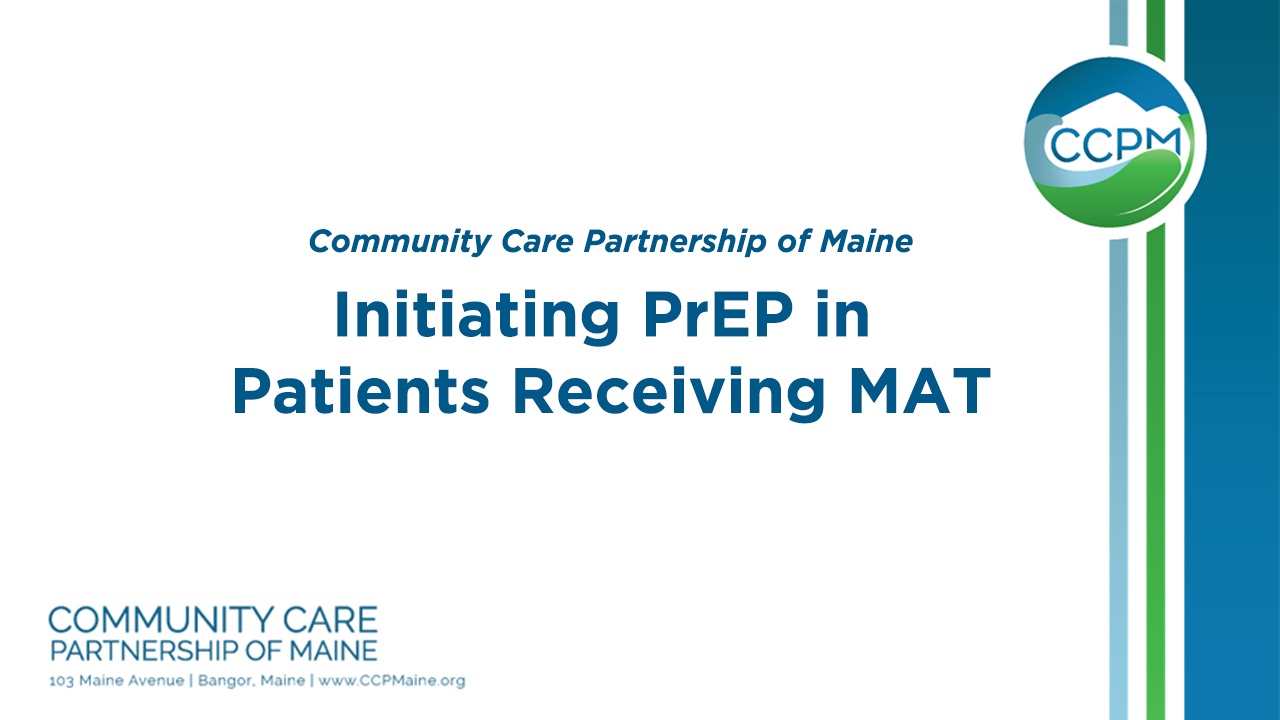
Protected: Initiating PrEP in Patients Receiving MAT
-
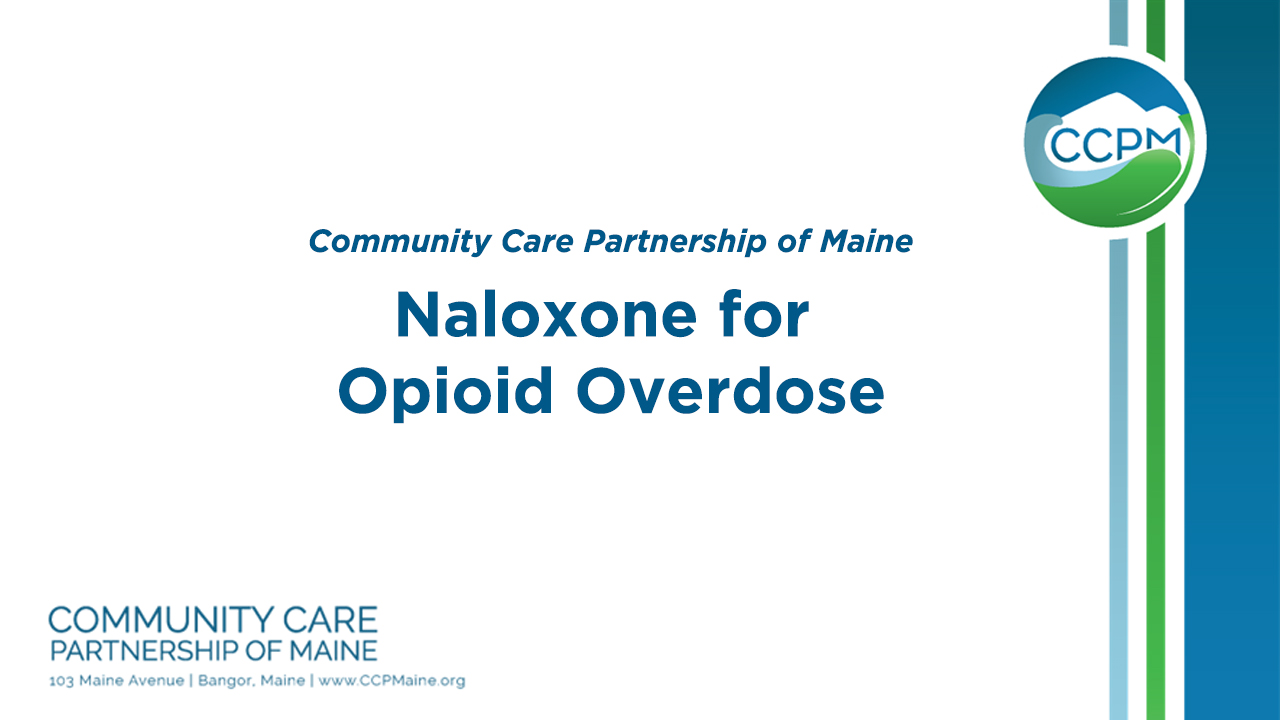
Protected: Naloxone for Opioid Overdose
-

Protected: Opioid Education Series – Urine Drug Screening
-
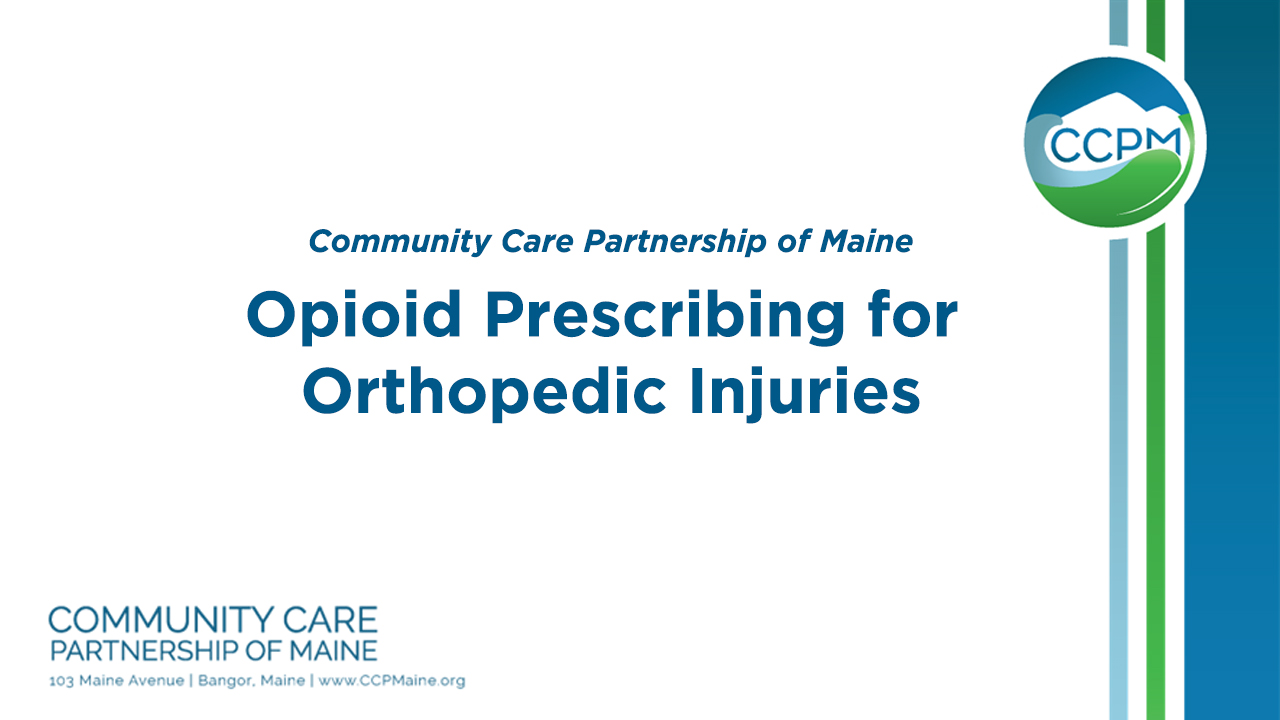
Protected: Opioid Prescribing for Orthopedic Injuries
-
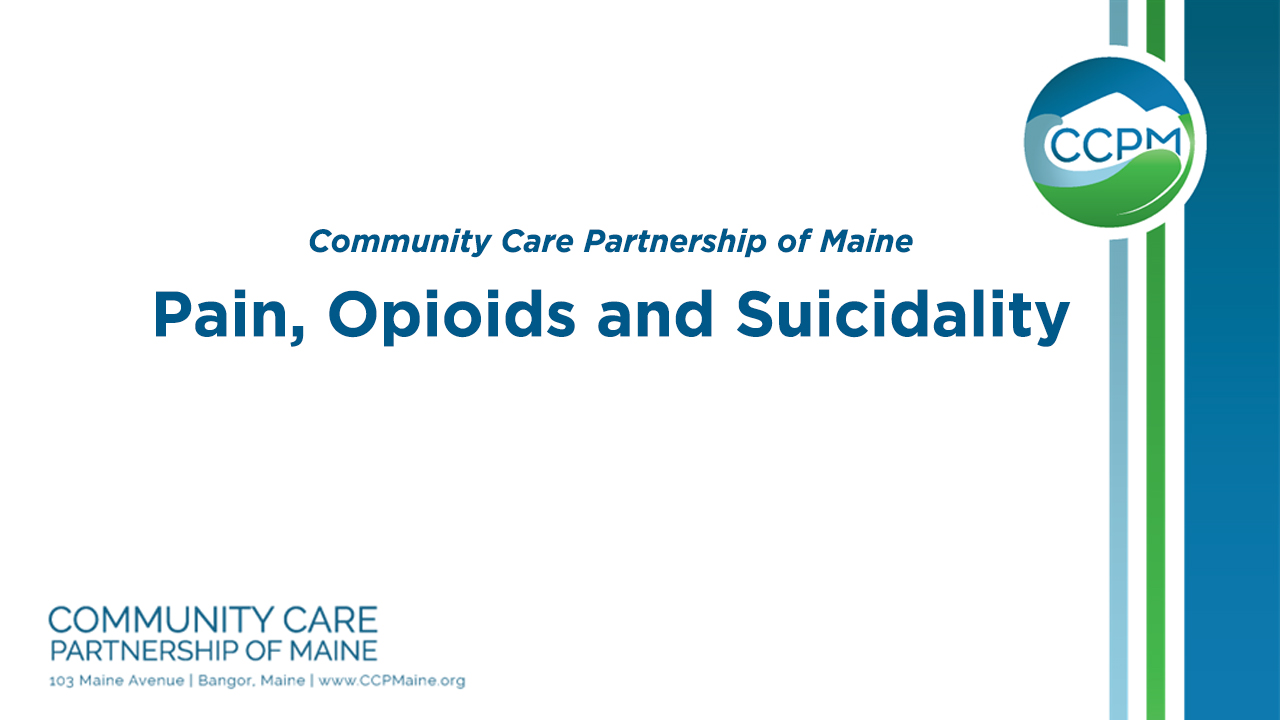
Protected: Pain, Opioids and Suicidality
-

Protected: Universal Screening for SUD

